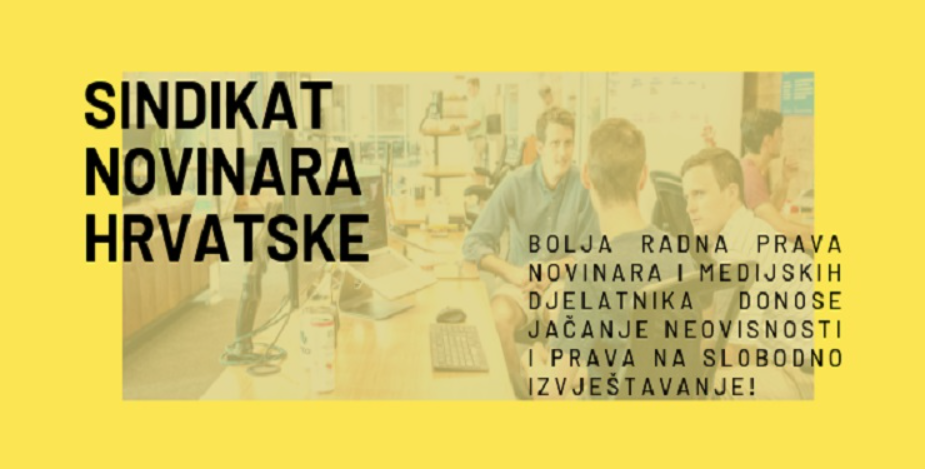
In one of the largest media companies in Croatia – HANZA MEDIA – negotiations on the Collective Agreement have begun. The Trade Union of Croatian Journalists (TUCJ) and the Trade Union of Graphic and Media Workers are advocating for improvements in material and labor conditions. At the negotiating meeting of the employer and union negotiating committees at HANZA MEDIA, held on February 20, 2024, the union negotiating committee proposed a negotiation protocol and welcomed the strengthening of social dialogue as an important step for protecting labor and professional rights in this media company, but also as a positive indicator of changes in the media sector, SNH stated.
In all European Union member states, as stipulated by the European Directive on Adequate European Wages, 80 percent of workers should be covered by collective agreements, with each country required to adopt an action plan to meet this quota. The actual situation is far from this goal, as in 19 out of the 27 countries, this is not the case. Among the countries where the coverage of workers by collective agreements is lower than this threshold is Croatia, where collective agreements cover about 55 percent of workers. In the media sector, this statistic is even worse, as new collective agreements are being negotiated in public media services, while there is still a lack of a positive environment for quality social dialogue in private media. By emphasizing the priority of strengthening job protection through collective agreements for the EU, collective bargaining has become a politically stable and inclusive element of economic development.
A collective agreement is a legal document agreed upon between the employer and the union. It regulates issues related to employment relationships – working hours, duration of daily, weekly, and annual leave, salary levels, and salary supplements, as well as issues related to employment such as health and safety protection at work, organization of workers’ meetings, protection of union representatives, etc. Unlike the Work Rules, which the employer unilaterally adopts and can change despite opposition from worker representatives in a very short time, workers through collective bargaining via unions have the right to equal dialogue.
The start of negotiations at HANZA MEDIA is an indicator of changes in the media sector, the strengthening of quality and constructive social dialogue, and we believe it is just the beginning of better protection of the labor and professional rights of journalists and media workers in Croatia.